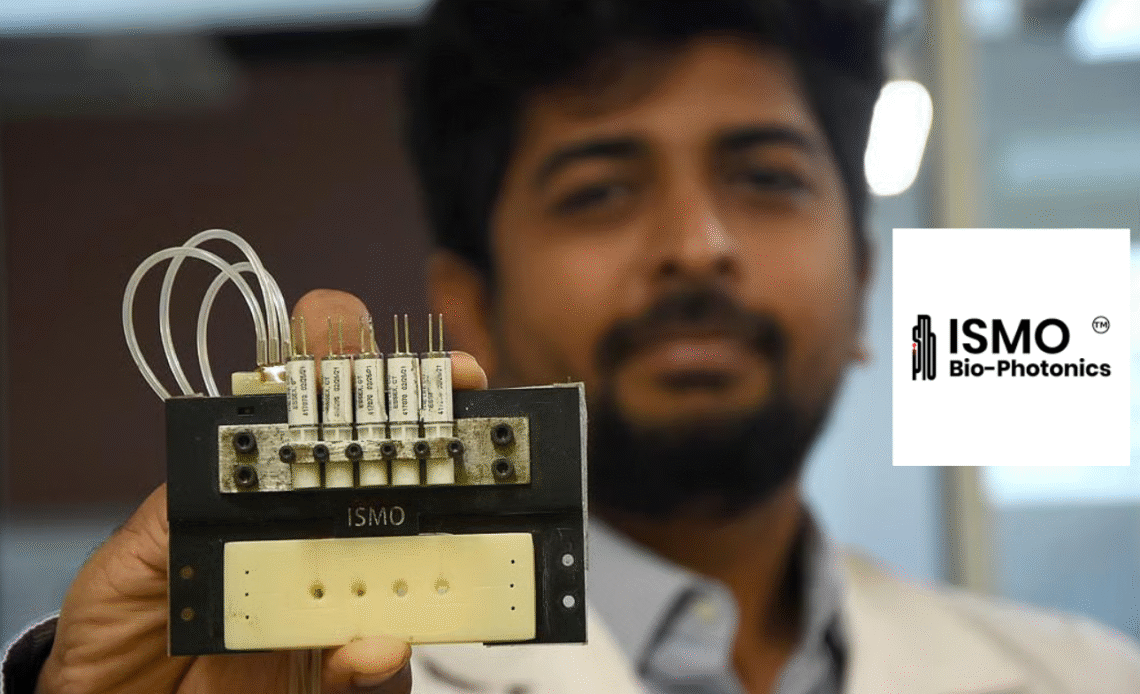
ISMO Bio-Photonics, an IIT Madras-incubated startup founded by Ikram Khan S I alongside Dr. Shantanu Pradhan, has unveiled progress in its organ-on-chip technology—a cutting-edge breakthrough aimed at transforming drug screening and personalized medicine.
Emerging from synergistic research conducted at IIT Madras and MIT, ISMO initially focused on ultrafast lasers, microfluidics, and in‑vitro devices before pivoting toward developing human‑brain organoid systems via a collaboration with MIT’s Sur Lab. The startup is now advancing human‑on‑chip devices capable of accurately replicating human physiological responses, offering a promising alternative to traditional drug development models.
ISMO’s efforts have received significant institutional support, including grants from BIRAC (Department of Biotechnology), Startup India, and IIT Madras’s incubation cell, as well as backing from CIIC (Crescent Innovation and Incubation Centre), CCAMP Bangalore, and HTIC. An initial angel funding commitment of ₹1 crore has additionally fueled its R&D progression.
Operating within the IIT Madras Research Park with a compact, multidisciplinary team of under ten members, ISMO is currently engaged in developing technology applications spanning pharmaceutical collaborations to personalized cancer drug screening and in vitro fertilization (IVF) platforms.
Earlier developments include a demonstration of a 3D‑printed, palm‑sized microfluidic chip capable of personalized cancer drug screening—enabling faster, cost-effective identification of effective treatments. This chip can also be adapted for other applications such as Alzheimer’s, Parkinson’s, and brain modeling.
ISMO anticipates commercialization of its organ‑on‑chip technology for clinical drug trials within the next three to five years, forging partnerships with pharmaceutical firms and healthcare institutions to broaden application and impact .
About ISMO Bio-Photonics
ISMO Bio-Photonics is a deep tech startup incubated at IIT Madras, specializing in human-on-chip technology that emulates physiological conditions for drug screening, personalized medicine, and biomedical research. The company integrates microfluidics, organoid culture, and automation to enhance accuracy and scalability in preclinical testing.

